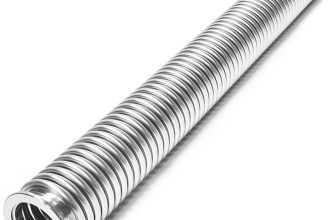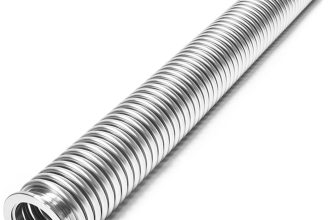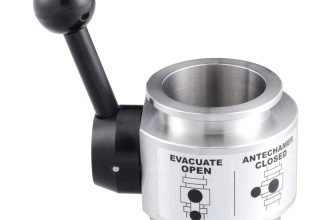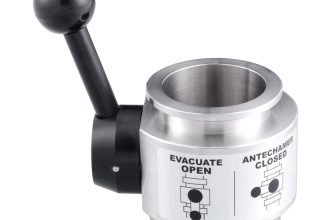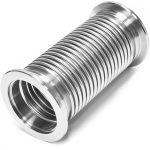
Design Principle of Metal Bellows
The theoretical basis of metal bellows design is plate and shell theory, material mechanics, and computational mathematics. There are many parameters for the design of the bellows. Due to the different uses of the bellows in the system, the focus of its design calculations is different. For example, bellows are used for force balancing elements, which require the effective area of the bellows to be constant or small within the working range. For measuring elements, the elastic characteristics of the bellows are linear; for vacuum switch tubes as vacuum seals The vacuum tightness, axial displacement and fatigue life of the bellows are required; for the valve as a seal, the bellows should have a certain pressure resistance, corrosion resistance, temperature resistance, working displacement and fatigue life. According to the structural characteristics of bellows, Lexin Vacuum Parts Factory can use bellows as ring shells, flat cone shells or ring plates. The design and calculation of the bellows is the design and calculation of a circular shell, a flat cone shell or a ring plate. The calculated parameters are stiffness, stress, effective area, instability, allowable displacement, pressure resistance, and service life.


